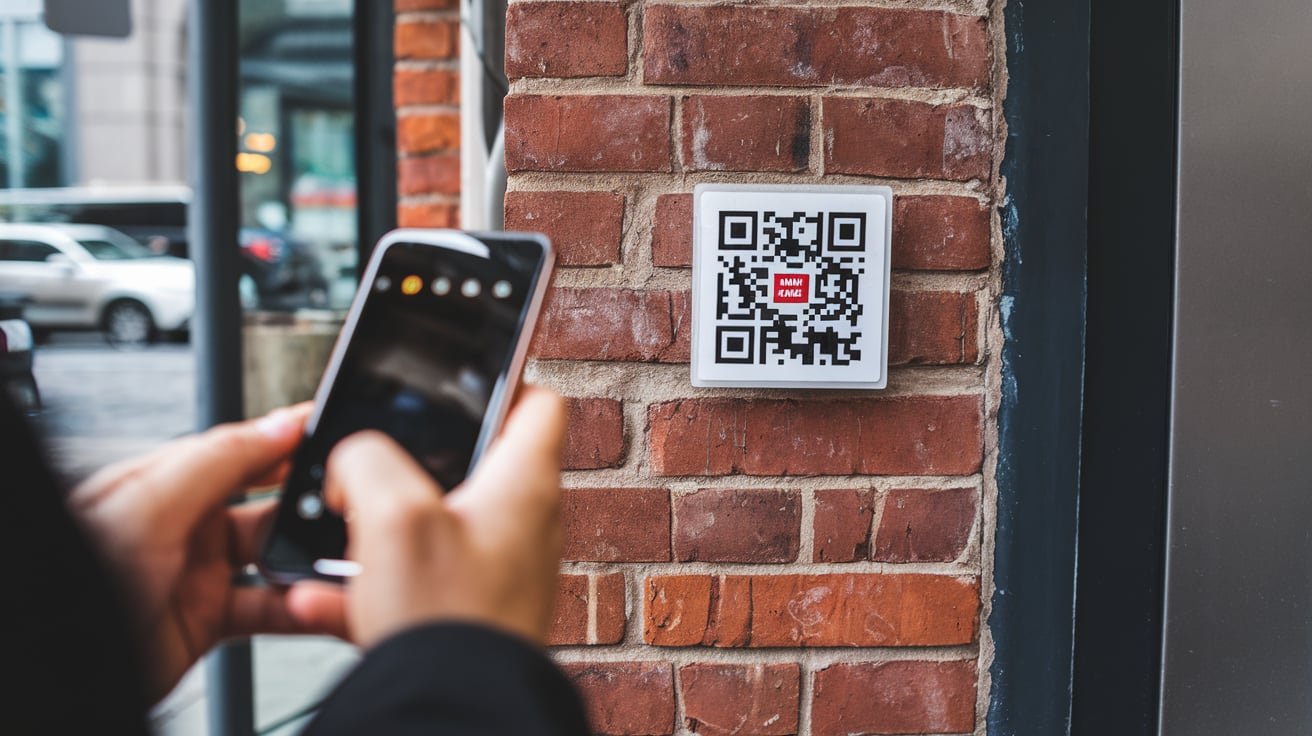In an increasingly digital world, QR (Quick Response) codes have emerged as a powerful tool for bridging the gap between the physical and digital realms. These small, square-shaped barcodes can be scanned using a smartphone camera, providing instant access to information. From marketing and advertising to education and healthcare, QR codes have become ubiquitous, transforming how we interact with the world.
The History and Evolution of QR Codes
The first QR code was created in Japan in 1994 by Toyota subsidiary Denso Wave. Initially used for tracking parts in vehicle manufacturing, QR codes quickly gained popularity due to their ability to store more information than traditional barcodes. Over the years, the technology has evolved, becoming more accessible and versatile. Today, QR codes are used in various applications, from mobile payments to augmented reality experiences.
How QR Codes Work
Black and white squares arranged in a grid pattern make up QR codes.. When scanned by a smartphone camera, the code is decoded, and the user is directed to a specific URL, app, or other digital content. The process is quick and seamless, making QR codes an efficient way to share information.
Applications of QR Codes
Marketing and Advertising: QR codes are widely used in marketing campaigns to provide customers with additional information about products or services. They can be placed on packaging, posters, billboards, and even business cards, offering a direct link to websites, promotional videos, or special offers.
Education: In educational settings, QR codes can enhance learning experiences. Teachers can create codes that link to online resources, quizzes, or interactive content, making lessons more engaging and interactive.
Healthcare: QR codes are increasingly used to streamline processes and improve patient care. They can be used to track medical records, manage appointments, and even provide access to telemedicine services.
Retail: Retailers use QR codes to offer customers a seamless shopping experience. Codes can be placed on product labels, providing instant access to reviews, specifications, and virtual try-on experiences.
Payments: QR codes have revolutionised mobile payments, making transactions quicker and more convenient. Popular payment platforms like PayPal, Venmo, and Alipay use QR codes to facilitate peer-to-peer and business-to-consumer transactions.
Events and Ticketing: QR codes are commonly used for event ticketing and registration. They allow quick and efficient check-in processes, reducing wait times and improving the overall event experience.
Benefits of QR Codes
Convenience: QR codes provide instant access to information, making them a convenient tool for businesses and consumers.
Versatility: QR codes can be used in various applications, from marketing and advertising to education and healthcare.
Cost-Effective: Generating and printing QR codes is relatively inexpensive, making them a cost-effective solution for businesses of all sizes.
Trackability: QR codes can be tracked and analysed, providing valuable insights into customer behaviour and campaign effectiveness.
The Future of QR Codes
As technology continues to advance, the future of QR codes looks promising. Integrating QR codes with emerging technologies like augmented reality (AR) and the Internet of Things (IoT) is expected to create even more innovative use cases. For example, QR codes could trigger AR experiences, providing users with immersive and interactive content.
Additionally, advancements in machine learning and artificial intelligence (AI) could enhance the functionality of QR codes, making them even more efficient and user-friendly. For instance, AI-powered QR codes could adapt to user preferences and behaviours, offering personalised content and experiences.
Conclusion
QR codes have become integral to our daily lives, transforming how we access and share information. Their versatility, convenience, and cost-effectiveness make them valuable tools for businesses, educators, and consumers. As technology continues to evolve, the potential applications of QR codes are endless, paving the way for a more connected and interactive world. Whether you’re a marketer, educator, or simply a curious individual, understanding the power of QR codes can open up a world of possibilities.


